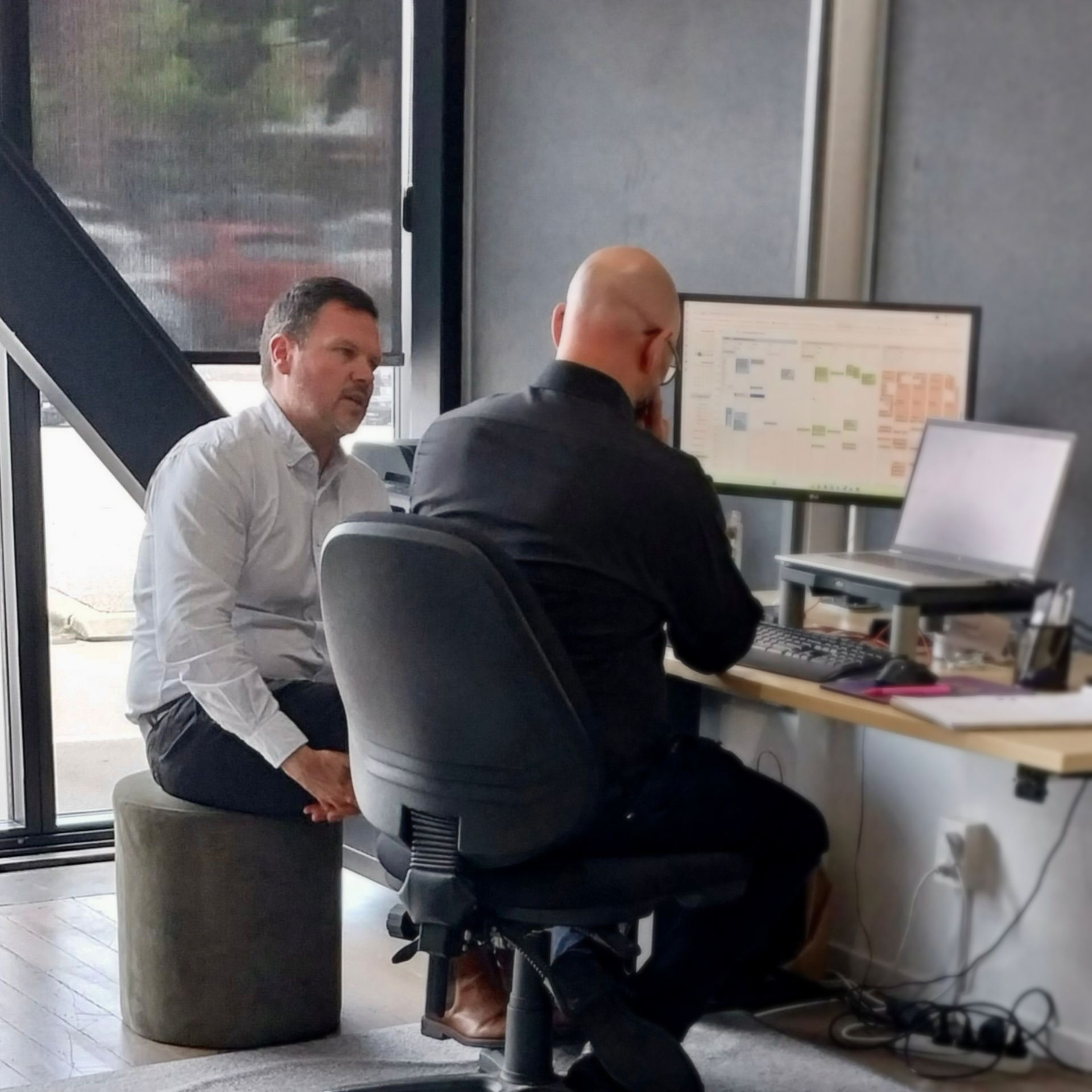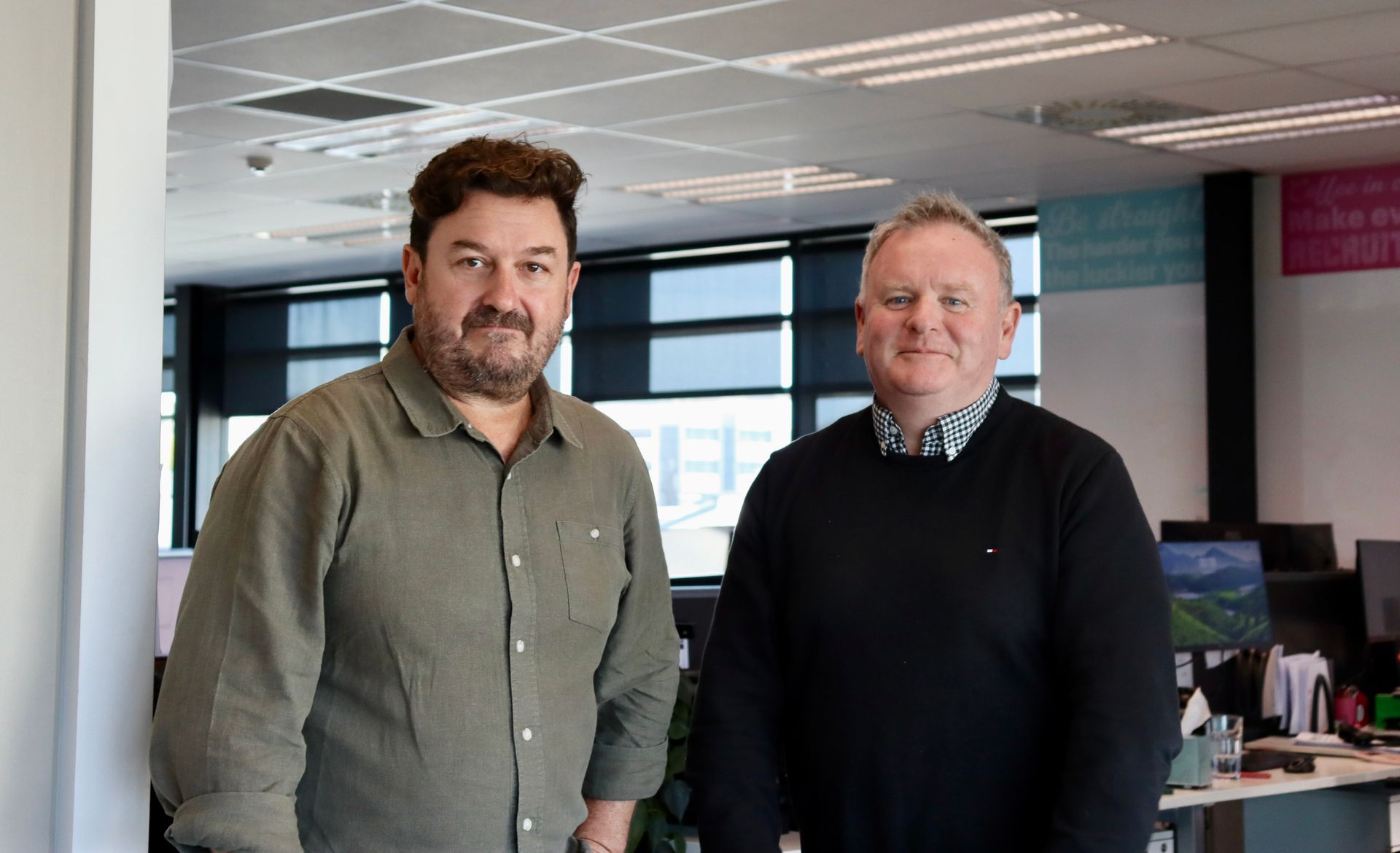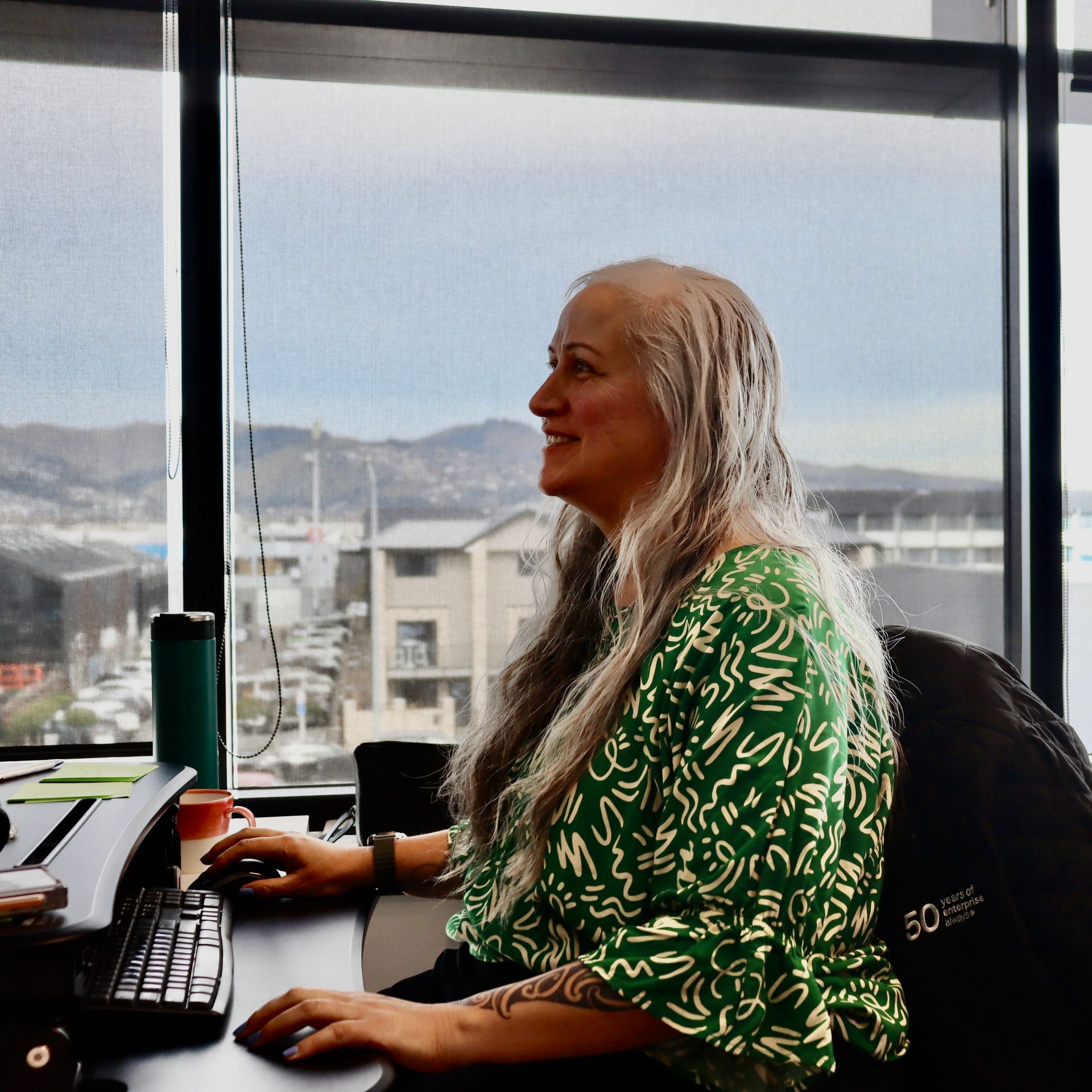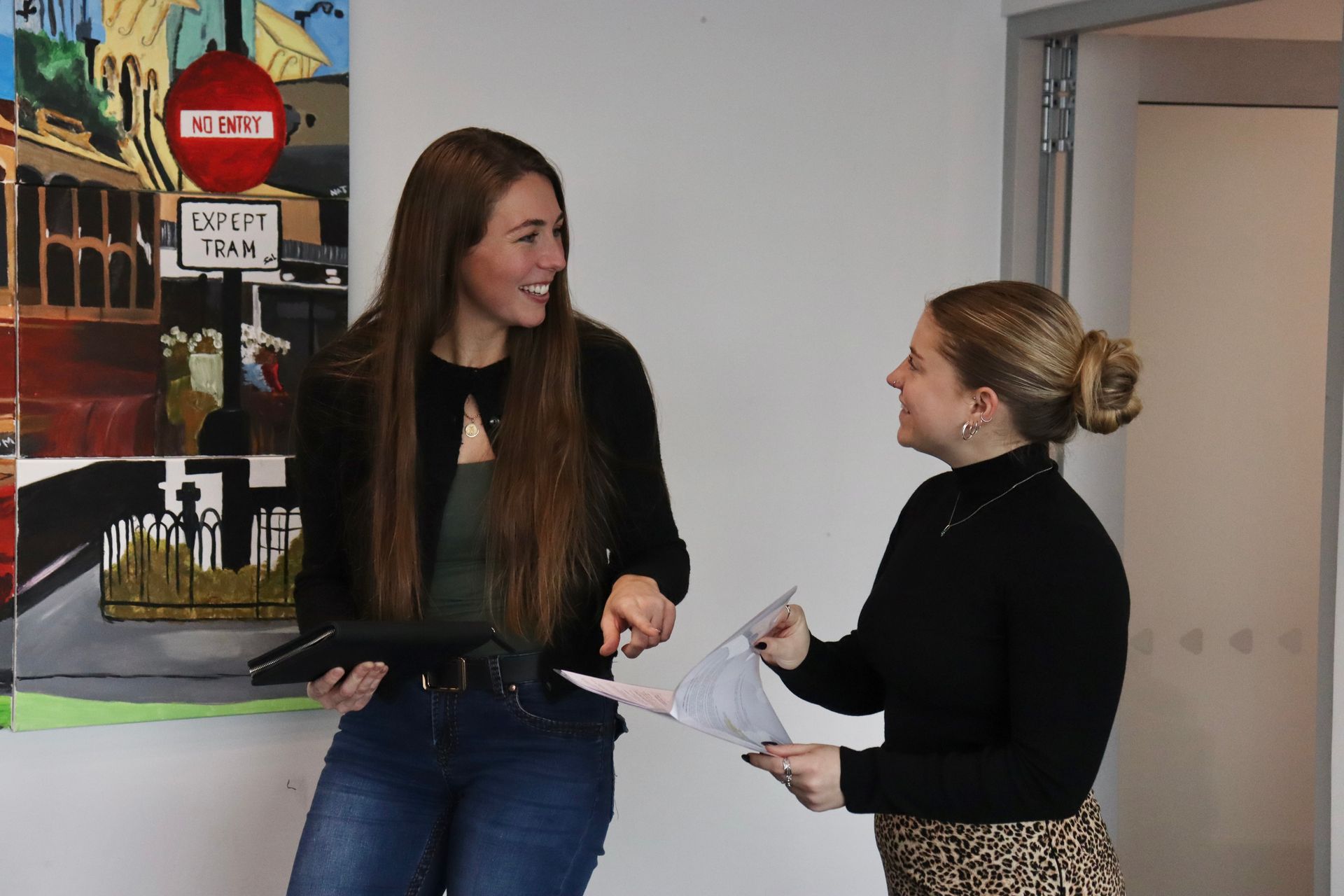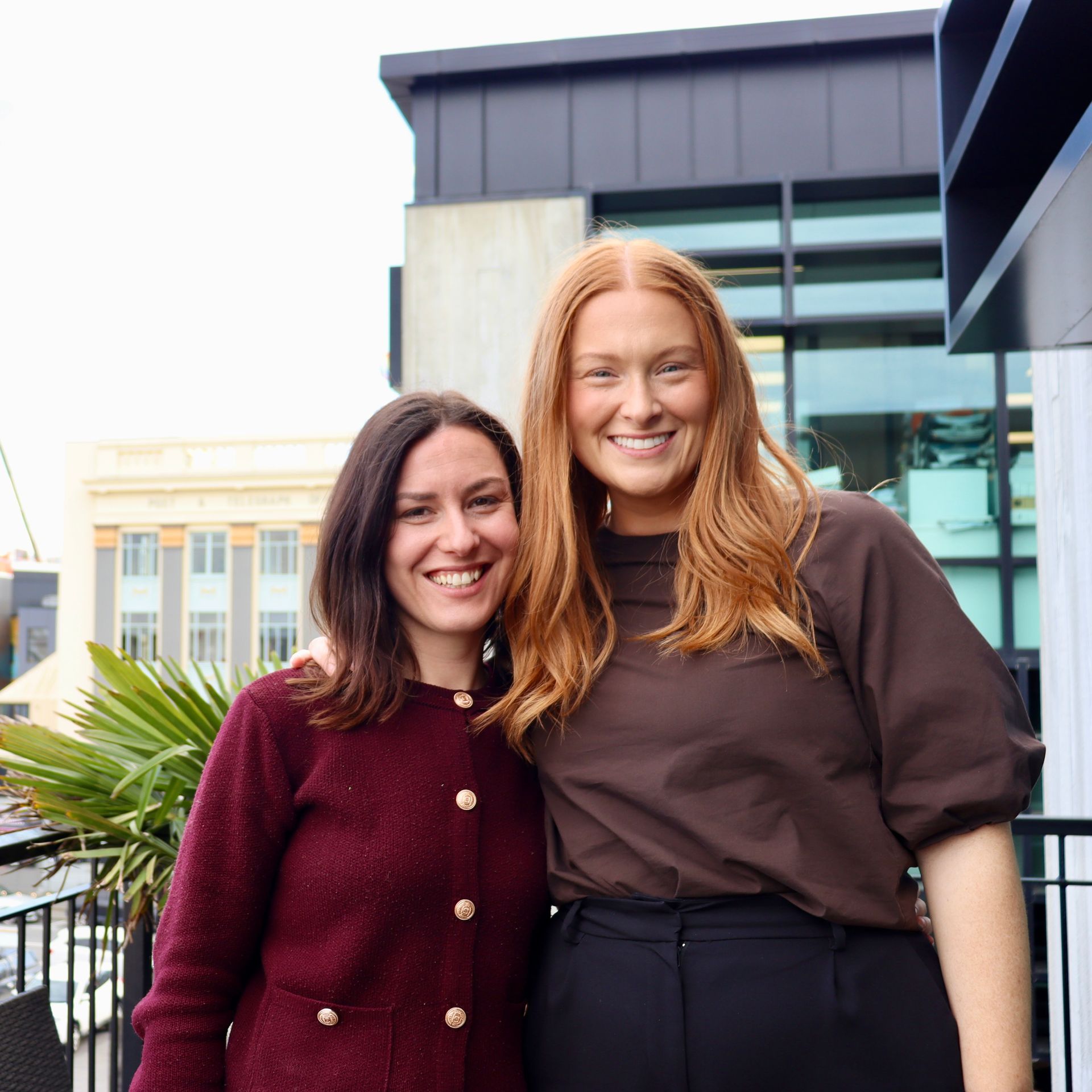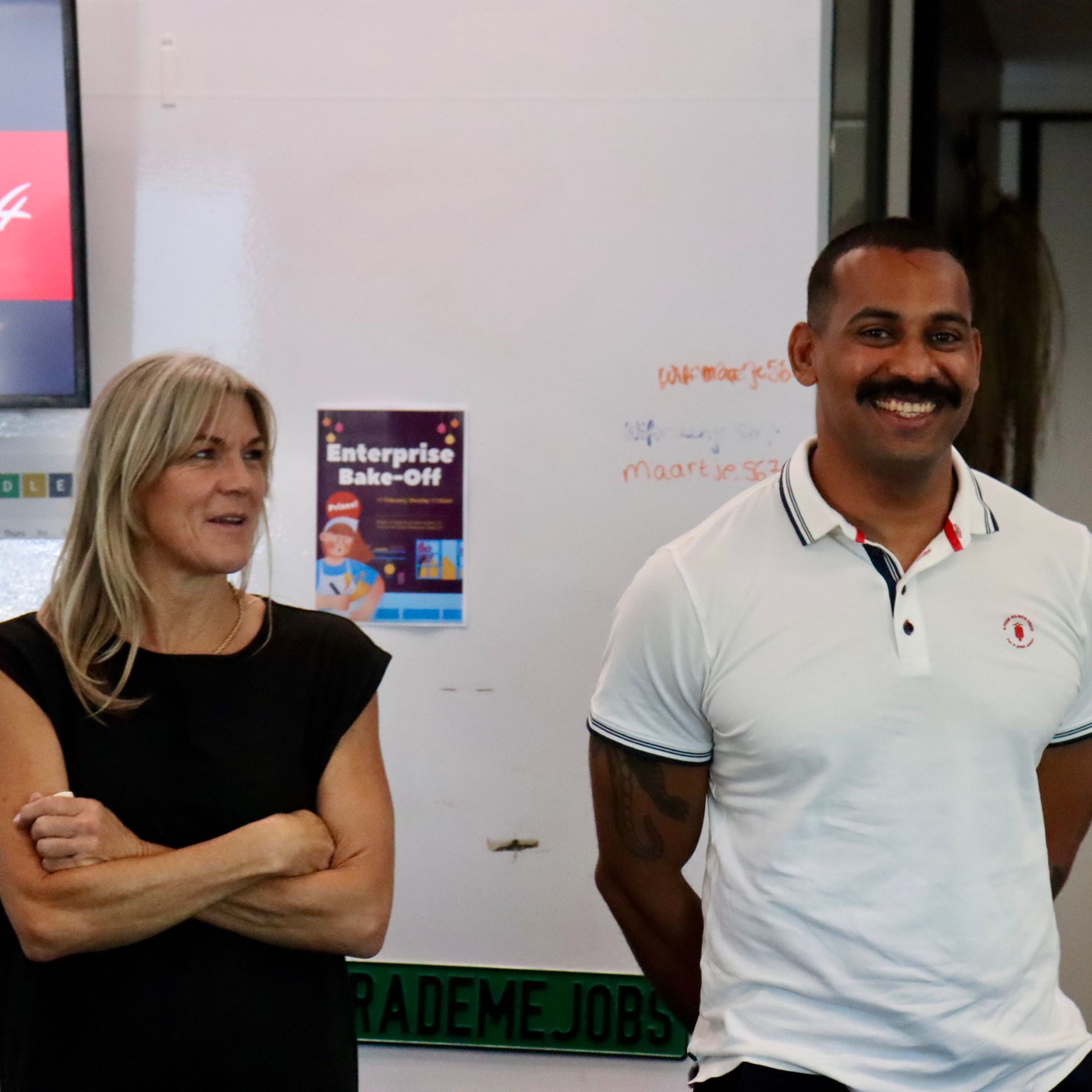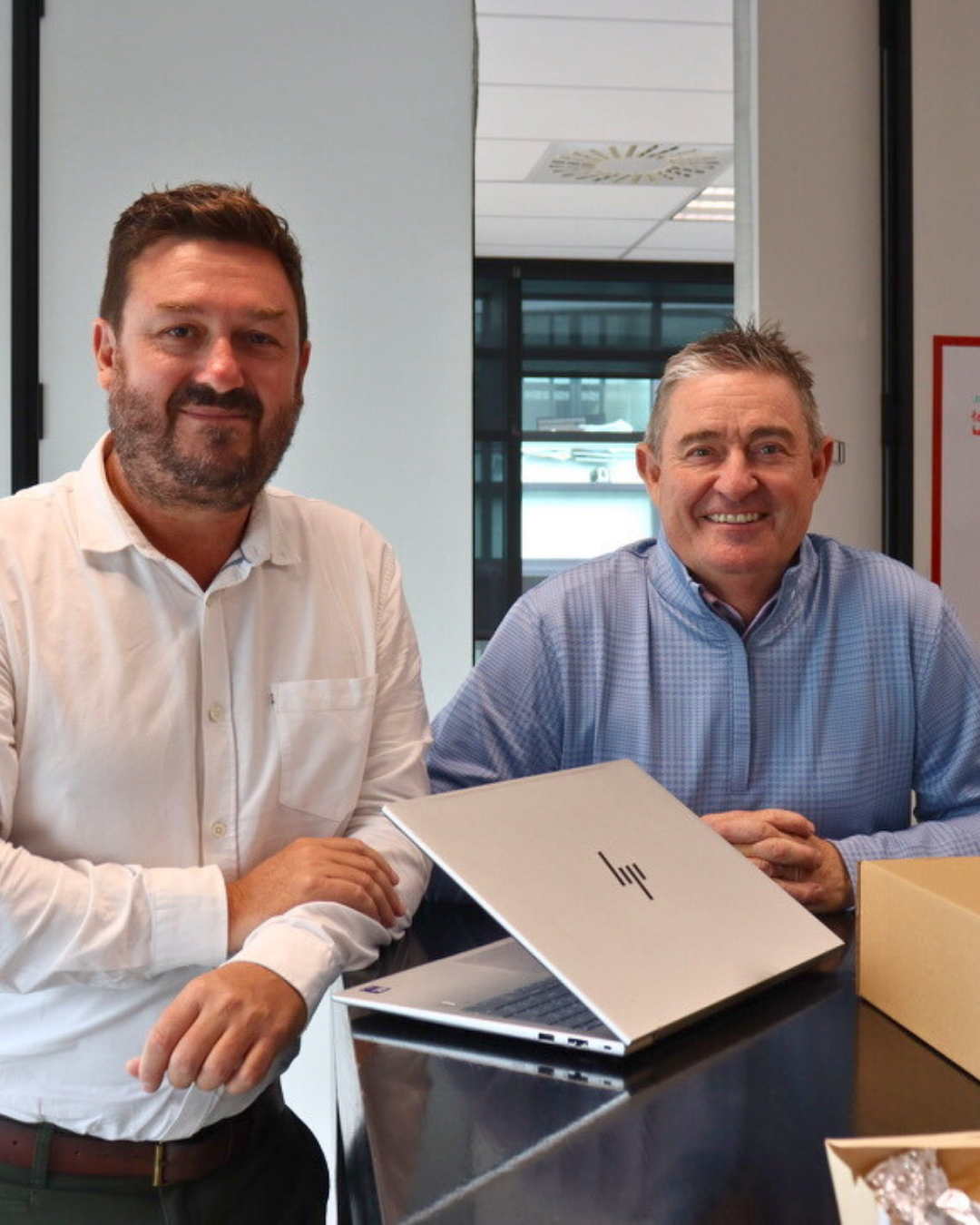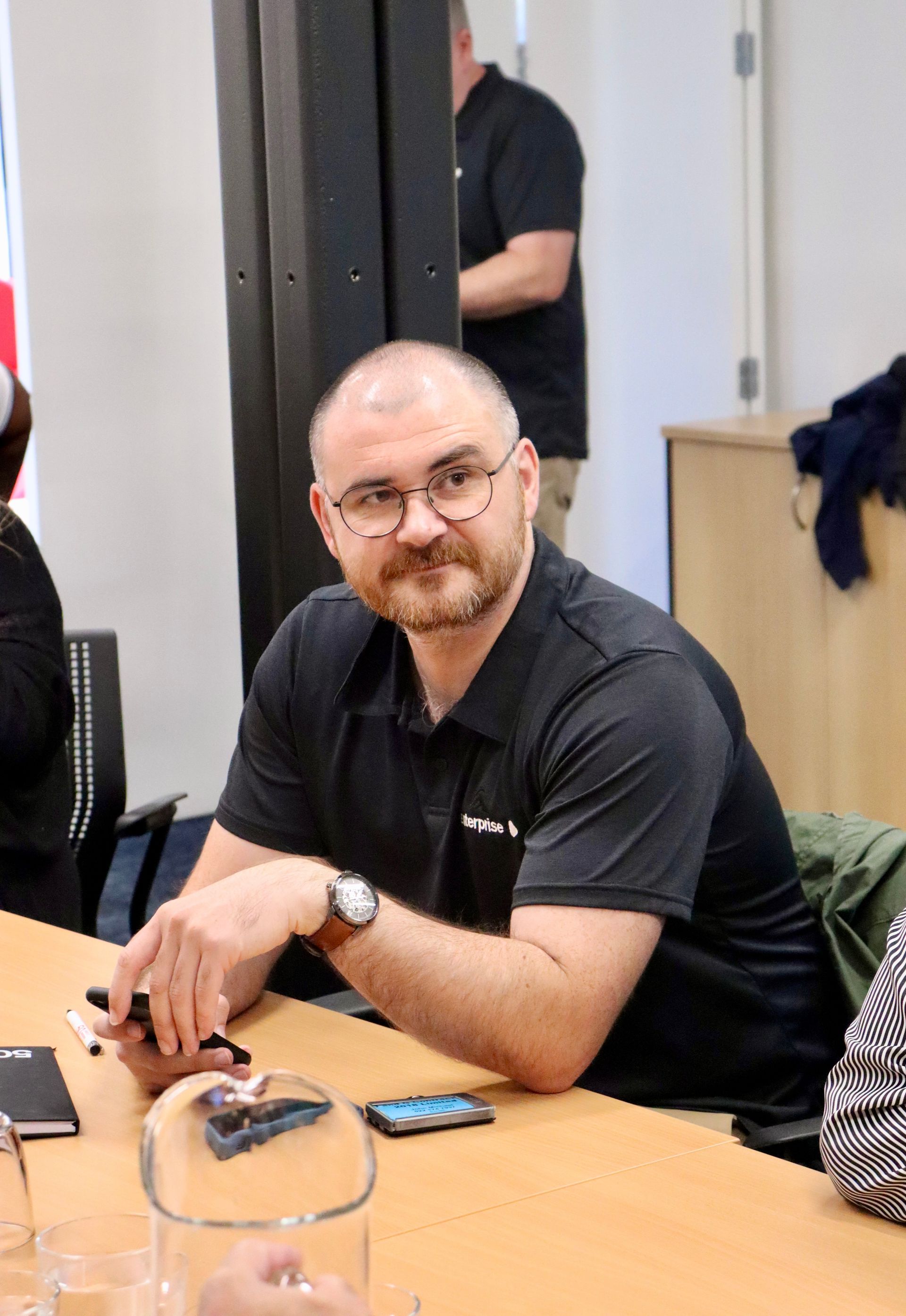Technology driven parking experiences, smart cities and digital natives in the boardroom....
By Steve Martin
Enterprise Recruitment placed CTO John Heard into leading New Zealand technology firm Smart Parking. We asked him his thoughts 18 months later….
 On one hand car parking could be seen as one of the more mundane tasks that we carry out daily, barely worth a mention. On the other hand how many times a day do you hear people sharing their parking grumbles and horror stories?
On one hand car parking could be seen as one of the more mundane tasks that we carry out daily, barely worth a mention. On the other hand how many times a day do you hear people sharing their parking grumbles and horror stories?
Couldn't find a park, someone blocked you in, had to walk miles, had an angry encounter with a parking warden or worse - got towed. When viewed this way, we realise that actually people are quite passionate about car parking.
“Every vehicle journey begins and ends in a parking space” says John. It’s Smart Parking’s mission to transform the car parking experience into a consistently positive one for all stakeholders from councils and facility owners, to (most importantly) us, the end user.
“Technology in this area has barely advanced since the dawn of the car. It’s been a world of white lines, signs, meters and chalk marks on cars” says John.
But all of this is changing; Smart Parking is designing software and firmware products that are revolutionising the parking experience. Imagine paying only for the exact time you use a car park, and nothing more. Imagine being notified on your smart phone that your carpark time is about to run out and being able to top that up instantly via your phone - from anywhere!
These concepts and many more are about to become a reality in the “smart city”. John believes the smart city concept is now an emerging reality where a holistic collaboration of technologies will be feeding to a centralized function allowing for better decision making and vastly improved civic efficiencies.
The “internet of things” and the greater connectivity that it brings is driving opportunities for technologies and software products to be applied collaboratively. As an example, Smart Parking’s technology could be applied collaboratively with other technologies to provide security surveillance, crime prevention, and even to air quality monitoring applications for example.
These changes are not being driven by emerging technologies alone; John cites the emerging presence of the IT literate generation into senior decision making positions as another reason behind the developments taking place. This can be interpreted as people growing up with technology being more open to be able to conceptualise the possibilities and having a belief to push them through at board level. We can expect accelerated adaption of new digital technologies as more digital natives join the workforce and move into decision making positions.
Whatever your thoughts on these concepts are, there is no doubt that Information Technology’s transition from a business service to a business enabler is well and truly complete. It must be embraced across all organisational levels of a truly competitive organisation. Beyond this, greater collaboration at civic and government level will be a key to New Zealand business in continuing its path of global competitiveness.
Steve Martin leads Enterprise Recruitment’s Auckland based IT Recruitment team



